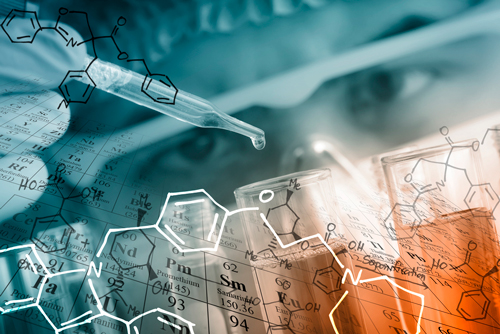Immunogenicity assessments help reveal the potential of a biotherapeutic or large molecule drug product to induce an immune response. Immunogenicity assays are not similar for all biotherapeutics. Each drug product has unique requirements for immunogenicity. Immunogenicity assessment laboratories specialize in development, validation, and assessments. Besides, they have deep expertise in conducting immunogenicity testing in every phase of drug discovery and development. The current article discusses immunogenicity and its potential in a laboratory setting.
Immunogenicity is mandatory during drug development, especially for biologics and other large-molecule drug products. When developing a biologic, gene therapy, or vaccine, immunogenicity testing determines anti-drug antibodies (ADA) produced against your drug. Successful ADA immunogenicity testing instills confidence in the efficacy and safety of a drug product.
ADA formations can affect the bioavailability, bioequivalence, pharmacokinetic, and pharmacodynamic properties of a drug product. Bioanalytical laboratories have an expert team specializing in fit-for-purpose methods for immunogenicity testing that incorporates all regulatory requirements and the mechanism of drug action. A typical immunogenicity testing protocol is generally as follows:
- Development and validation of immunogenicity assay
- Screening assays to identify anti-drug antibodies
- Confirmatory assay to remove false negative results
- Titration and isotyping
- Neutralizing antibody assays to assess the neutralizing capacities of anti-drug antibodies
Immunogenicity testing
Bioanalytical laboratories have facilities to support immunogenicity at every stage of drug development. They also support ADA assessments through different platforms, including ELISA, flow cytometry, gyrolab, and MSD-ECL assays. Besides, their team has expertise in immunology and drug development with knowledge in leveraging tools to identify the right testing protocol based on the therapeutic of interest.
Each immunogenicity testing protocol is developed thoroughly and personalized to select assays that are highly sensitive and specific. Additional to standard anti-species and bridging formats, bioanalytical laboratories have deep expertise in assay formats such as affinity capture elution, solid phase extraction with acid dissociation, and acid dissociation to tackle challenges such as insufficient drug tolerance and high background noise.
Bioanalytical service providers can offer custom immunogenicity testing that tailors an approach based on the stage of drug development. During pre-clinical testing, anti-drug antibody assays will be focused more on acquiring PK/PD data and interpreting any pathological differences. On the other hand, clinical trials will require monitoring patient safety. Each therapy is unique. Therefore, bioanalytical laboratories employ a risk-based approach to assess individual needs of immunogenicity testing protocols.
Neutralizing antibodies have a higher potential of affecting the safety and efficacy of a drug product. Hence regulatory guidance requires characterizing the neutralizing activity of anti-drug antibodies. Bioanalytical laboratories can help sponsors develop and implement immunogenicity testing to detect and characterize the neutralizing activity of anti-drug antibodies. These assays range from ligand binding and enzymatic assays to cell-based and chromatography techniques. However, the choice of the assay depends on the standard approach and mechanism of drug action.
Knowing the complexities and hurdles involved in immunogenicity assessments, an experienced partner can make a difference in accelerating drug development timelines. Bioanalytical laboratories are one such robust partners to unravel the potential of antibody analysis in immunogenicity testing.




